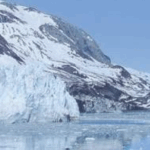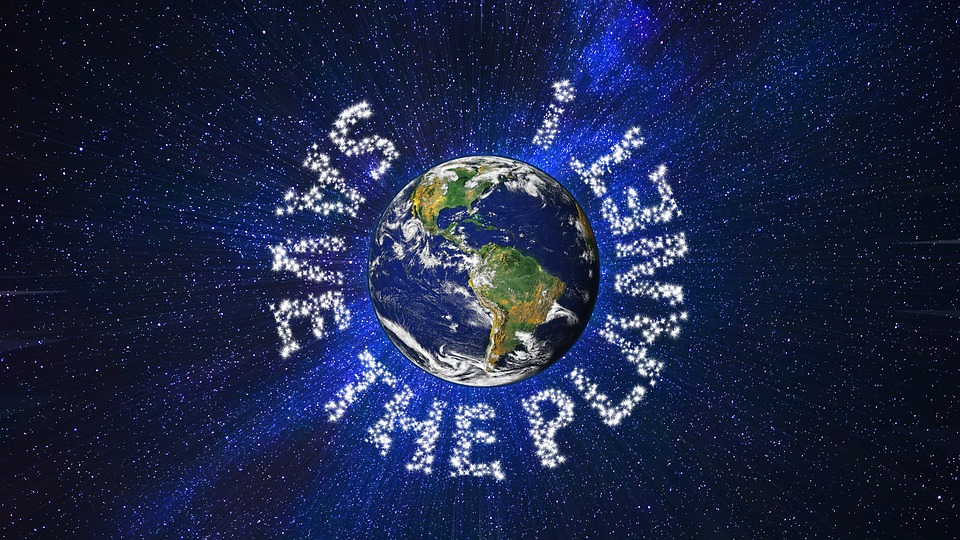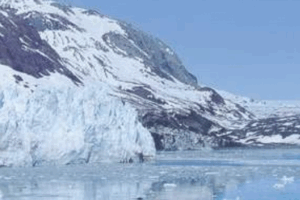ECO-WATCH.
CLIMATE CRISIS
Earth’s Ice Loss Reflects Worst-Case Scenario, New Study Finds
Climate Nexus
Jan. 26, 2021 01:07PM ESTCLIMATE

Icebergs near Ilulissat, Greenland on Oct. 13, 2020. Climate change is having a profound effect with glaciers and the Greenland ice cap retreating.
Earth’s ice is melting 57 percent faster than in the 1990s and the world has lost more than 28 trillion tons of ice since 1994, research published Monday in The Cryosphere shows.
“It was a surprise to see such a large increase in just 30 years,” said Thomas Slater, a study co-author. There have been huge efforts to study ice loss research in individual regions of the world, allowing the researchers to combine data to assess ice loss worldwide. Their findings show that Arctic ice is disappearing the fastest, with 7.6 trillion tons melting between 1994 to 2017. The report also found land ice melt alone contributed to a global average sea level rise of 3.5 centimeters. However, land ice is only a small portion of the world’s ice. Sea ice shelves, which float on water, are disappearing quickly. If they collapse, the land ice (glaciers) some sea ice shelves hold in place would be released and could accelerate sea level rise for centuries.
As reported by The Guardian:
The greatest quantities of ice were lost from floating ice in the polar regions, raising the risk of a feedback mechanism known as albedo loss. White ice reflects solar radiation back into space – the albedo effect – but when floating sea ice melts it uncovers dark water which absorbs more heat, speeding up the warming further in a feedback loop.
Glaciers showed the next biggest loss of ice volume, with more than 6tn tonnes lost between 1994 and 2017, about a quarter of global ice loss over the period. The shrinking of glaciers threatens to cause both flooding and water shortages in some regions, because as large volumes melt


















